|
As parents, we face an overwhelming amount of decisions. It’s tempting to avoid the additional research and contemplation on circumcision…..But, we’re talking about surgery. It’s worth some discussion--even if it feels uncomfortable.
This is a scary one for me. I’ve worked with many families who chose to have the procedure done. As a Postpartum Doula, non-judgmental support is crucial to the work I do. I believe you are the best person to make these choices for your baby. I respect and support your decisions for your family--even if they differ from my own. In the first days of life, your newborn is learning how to breathe, swallow, eat, regulate their own body temperature, as well as processing new stimulations on every level. Why add surgery and recovery to that burden? Circumcision rates vary and are dropping. Currently in the US it’s around 54%. The midwest having a vast majority of circumcision, while the West Coast is around 40%. When these babies reach adolescence, there will a pretty good mix of intact and circumcised boys. It remains an elective procedure. Many health insurance companies do not cover it, and in many states, Medicaid will not cover it. "The health benefits are not great enough to recommend routine circumcision for all male newborns...." according to the American Academy of Pediatrics. I believe that every part of the body serves a function--even if we are yet to understand it fully. I’m hesitant to advocate for the permanent removal of any body part before an individual is old enough to give informed consent. Also, a circumcision can be chosen and performed at any point in a boy’s life….But it can never be undone. What is the benefit of removing the foreskin? It’s not easier hygiene. An intact penis requires no care whereas a circumcised penis requires fresh bandage at every diaper change until it heals. A one percent reduction in the risk of urinary tract infections. Decreased risk of STDs and certain cancers. If you choose to circumcise, consider the timing. Does it need to happen in the first 48 hours? I find it fascinating that newborn vitamin k production appears to kick in on the 8th day of life, which is also when a bris is traditionally performed. Traditionally, circumcisions have been performed with NO PAIN RELIEF or anesthesia. The medical community stated that newborns do not feel pain. There are several studies that prove this is completely untrue. Ideally, seek anesthesia for your newborn, as this is probably what you would want for yourself in that situation. For additional information on circumcision, check out Ask Dr. Sears.
1 Comment
Do you have a hard time asking for help?
My people! Postpartum is especially tricky for those of us who have difficulty here. Our culture has created an elegant trap. First, we deny Postpartum Recovery is a thing. ("Women out in the fields used to give birth, tie the baby to their back and get back to the crops!" Ummmmm. not really. In fact, the vast majority of cultures have a traditional "lying in" period where the new mom goes to bed for about a month.) Second, we pretend like your strength will be measured by how quickly you get back to "normal." (Recall countless tabloid pics of celebrities looking as if they were never even pregnant weeks afterwards....Note their army of personal trainers, chefs, nannies, stylists are rarely pictured.) You are not supposed to "get back to normal." You brought a new human into the world. You are not meant to resume life as it was before immediately. We are designed to SLOW DOWN and FIND A NEW NORMAL. A new way of being in the world with our baby. When I had my first baby, I was emotionally overwhelmed and had not prepared at all for Postpartum. What limited "help" was available was only interested in holding my baby. I didn't trust myself enough to explain what I really needed and I didn't believe they would actually help me with food, laundry, etc. My recovery took at least 4 months. But I was not the only one who paid the price for not knowing any better....My baby missed out on having a healthy, functional intact mother for that time. It can make us feel vulnerable to ask for help. We might be afraid of being judged or even denied. I get it! But, Postpartum is all about stretching into new and uncharted waters. When I had my third baby, I committed to Doulaing myself. I basically stayed in my room for 3 weeks. I graciously accepted meals and friends' offers to take my kids out. And you know what? I was HEALED and recovered by the 4th week. (I was 9 years older than when I had my first, and this was my biggest baby, too!) I gradually eased back to a manageable pace after that. But it was an absolutely amazing contrast to my first and second postpartum experiences. If you get tripped up thinking it is not "necessary" or you're somehow not deserving of the help, think about your baby. Your baby deserves a healthy mama--not one that is struggling with avoidable complications or barely functional. Make a plan for your Postpartum Support. Be brave enough to ask for help when you need it. And, if you are struggling, please reach out. I can help connect you with resources and all communications are completely confidential. Contact me. Or check out some of the amazing resources and support available to Monmouth County moms here. Planning to visit someone who just had a baby? Here's what you need to know to be the absolute best visitor they've ever had.
1--Don't expect to see the baby in the first week or two. Wait for an actual invite. As excited as they are for everyone to see the baby, they also need a little time and space to recover. 2--BRING FOOD!!! Please, please, please! Breastfeeding mamas are especially hungry and meal preparation is difficult with a newborn. Feeding the family is one of the most helpful and loving things you can do. 3--Wash your hands as soon as you arrive. 4--Ask the parents how you can help. If possible, make a specific suggestion. "Do you need anything from the store?" "Can I empty your dishwasher?" "Can I take your other child/ren to the park or on a playdate?" 5--Keep it SHORT. About an hour to an hour and a half, depending on the situation. 6--Be POSITIVE. Remember most new parents are sleep deprived and particularly vulnerable. So, keep your opinions and any contradictory parenting advice to yourself. Offer encouragement and support. Most first time dads have never taken care of a newborn. Thankfully, you don't need experience--you need a willingness to learn. *Start with your partner! While she's recovering from pregnancy, birth and learning to breastfeed, someone else needs to handle all the tasks she used to do. It doesn't matter whether it's you, family, friends or a Postpartum Doula....What matters is that she isn't stressed about it! The more she can rest now, the faster she will recover. Offer support and encouragement. Remember, it's new to her, too! Navigating the dramatic hormonal shifts and physical demands is more challenging in the first few weeks. Anticipate her needs. Offer food, make sure she always has a drink, do everything you can to help her get as much rest as possible. If you're not sure how to help, ask her! *Get to know your baby! Bond with your baby: Make eye contact, talk, hold, and have as much skin to skin contact as possible. Offer your pinkie finger to suck on (newborns prefer fingers to pacifiers--and it doesn't create nipple confusion, which can complicate breastfeeding.) Be patient. Remember that your baby is going through a huge transition and is still learning how to function outside the womb. The calmer you are, the calmer your baby will be. Wear your baby. There are many different styles of carriers--you can find one that works for you both. Click here for babywearing basics. The sooner you start building a relationship with your baby, the easier it is! Have questions? Feel free to contact me--I'm happy to answer your questions. When it comes to bathing newborns, most new parents are somewhere between intimidated and downright petrified. And honestly, putting a tiny baby in water is something to approach carefully. Here are a few tips from someone who has done it hundreds of times. *TEAMWORK!* The first few baths are definitely a two person job! Make sure you have a helper--even if just for moral support. *Family Affair* If you or your partner enjoy taking baths, consider bringing your baby in. It's much easier to maneuver baby this way and it's a wonderful bonding opportunity. Make sure your helper is nearby to get baby in and out of the tub. Also, keep water temperature between 95-100 degrees F. 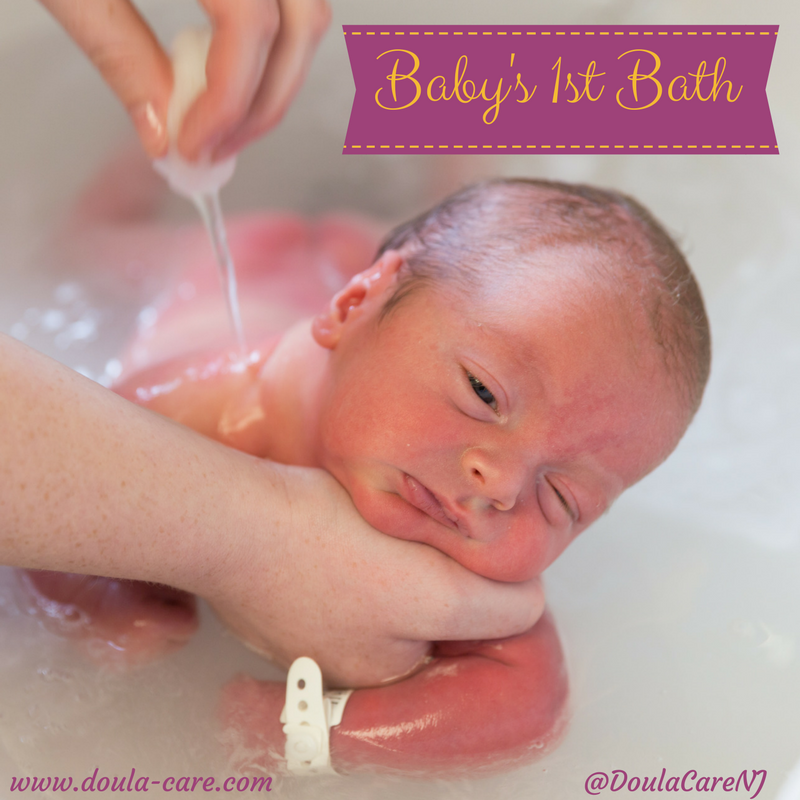 *Be Prepared* Have everything you need in arms' reach BEFORE you begin. I know it sounds obvious/basic, but it's important! *Baby's Feet First* Put just your baby's feet in the water first. If the water is too cold or too hot, your baby can easily let you know before their whole body is submerged in it. *Keep it to a Minimum!* Newborn skin is very delicate. Even if you aren't using soap, it's irritating for their skin and requires a lot of energy. Twice a week is the maximum for a full baths. Spot clean the rest. *Keep it Positive!* You want baby to have a positive introduction to bathing. Do your best to be calm and happy. Your baby will be taking their cues from you. What is the difference between a Baby Nurse and a Postpartum Doula? A Baby Nurse cares for your baby while a Postpartum Doula cares for your whole family.
A Baby Nurse is a "non-clinical newborn care specialist with extensive hands-on baby infant experience." A Baby Nurse will change diapers, feed your baby or bring baby to you for feedings, organize your nursery, bathe and care for your baby. A Baby Nurse will also do the baby's laundry. A Postpartum Doula cares for the whole family. (The mother is the primary focus because that is the best way to insure baby's optimal health and development.) A Postpartum Doula does all the baby care things a Baby Nurse does...And, she'll do YOUR laundry, make meals for your whole family, spend time with your other children, do your dishes, help you heal more quickly and be a source of positive support. Whether you are a first time parent, recovering from birth trauma, facing feeding challenges, or just wanting an objective third party to help without emotional politicking every parenting choice you're making, a Postpartum Doula will help. The Postpartum Doula strives to help you master baby care with confidence, rather than taking it over for you. However, she'll also care for your baby so you can rest, nap, shower, or have a break. Most Postpartum Doulas do not stay alone with your baby. If this is an important factor for you, be sure to ask ahead of time! Baby Nurses and Postpartum Doulas are both fields without consistent regulation. It is important to ask about individual training, experience and CPR certification. Have questions? Please ask! Feel free to comment with your Postpartum Doula or Baby Nurse experience. The Holiday Season is coming. It can be a fun and magical time, but when it's your first Holidays with your baby, it can bring extra stress. Keeping it in perspective will help you navigate gracefully.
*First and foremost, remember: it will not always be like this! * This is just one Holiday Season--not a reflection on you as a parent or a person. Enjoy! Your little one will have no conscious memory of it anyway! *Give yourself permission to take SHORTCUTS! Be strategic with your time, energy and resources so that you won't be too exhausted to cherish it.....Question everything: what is necessary and what can be skipped? (Or at least tailored to be more mom/baby friendly.) If it's something that makes you happy, go for it. If it's something you do out of obligation, brainstorm other options. *It's okay to nest in. Many new moms find large groups overwhelming, especially in the first few weeks. Find a diplomatic out, and fib if you have to. ("The doctor said we can't have the baby around so many people....in a house with pets....etc.") If some people might be disappointed to not see you at larger gatherings, offer an alternative visit at a later date. Your primary commitment is doing what is best for you and your baby. Often, the hidden consequence of overdoing it and trying to please everyone else can be a baby exposed to colds and germs unnecessarily or mom developing exhaustion or an infection, etc. The best gift you can give your baby is a CALM, HEALTHY MAMA! I'll be wishing you a peaceful holiday where you hopefully feel nourished and supported by your family and community and able to truly enjoy this season with your baby. There is an unending stream of misinformation regarding babies and sleep Often, parents feel like they have 2 choices: coping with frequent wakings or some form of "Cry It Out." But, Elizabeth Pantley offers up an elegant, compassionate and practical alternative: "The No-Cry Sleep Solution for Newborns."
Elizabeth Pantley is a mother of four and grandmother who approaches sleep with sensitivity and common sense. She presents evidence-based information on how you can encourage healthy sleep habits from day one, while responding compassionately and individually to your baby. I love that all of her information SUPPORTS healthy bonding and successful breastfeeding. (Many Cry It Out methods jeopardize breastfeeding.) With three children of my own and 13 years as a Postpartum Doula, I wasn't sure how much new information I would find,,,,I was delightfully surprised! Like her other books, The No-Cry Sleep Solution for Newborns is easily approachable, no matter how tired/hormonal/exasperated you are. You'll find clear techniques to help your baby sleep longer while avoiding many common pitfalls (like babies who want to be held, need to be in motion for every sleep event, or need a breast in their mouth to fall asleep). I love that Pantley recognizes and respects both babies and parents as individuals and offers multiple options and strategies for different scenarios. Her approach is gentle, and takes into consideration both newborn and parents' needs during the early weeks, while keeping an eye on the long-view. If all parents read this book before the birth, it could significantly alter the landscape of family life with a baby. Even if you are expecting your fifth baby, this book can empower you with tools to maximize your baby's sleep potential while avoiding the common crutches many babies tend to develop. Breast milk is dynamic--the amount of fat, antibodies and proteins adapts according to the baby's needs, mom's diet, and time of day. But Nighttime Breast Milk has a Super-Power: Melatonin! Melatonin is a hormone adults produce at night that makes you feel drowsy. As it turns out, breastmilk produced at night contains melatonin--making baby more drowsy and reducing colic. (Melatonin also relaxes the smooth muscles of the gastrointestinal tract, reducing colic.) Daytime milk has no detectable level of melatonin.
This bit of information could be critical for moms who are pumping--labeling and offering nighttime milk at night could help your baby sleep better! Meanwhile, this helps explain how breastfed babies sleep better than their formula fed peers. Incredible how moms' milk can help regulate a baby's circadian rhythm. To read more about the studies: http://www.ncbi.nlm.nih.gov/pubmed/8370707 http://link.springer.com/article/10.1007/s00431-011-1659-3 |
AuthorPostpartum Doula, Breastfeeding Counselor, Mother of Three. Archives
May 2018
Categories
All
|
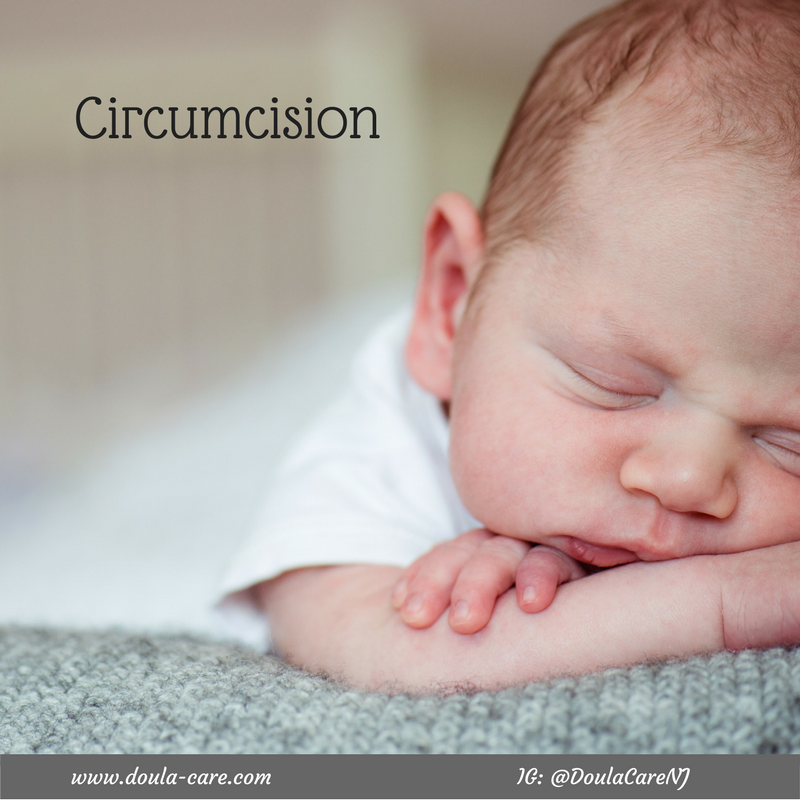
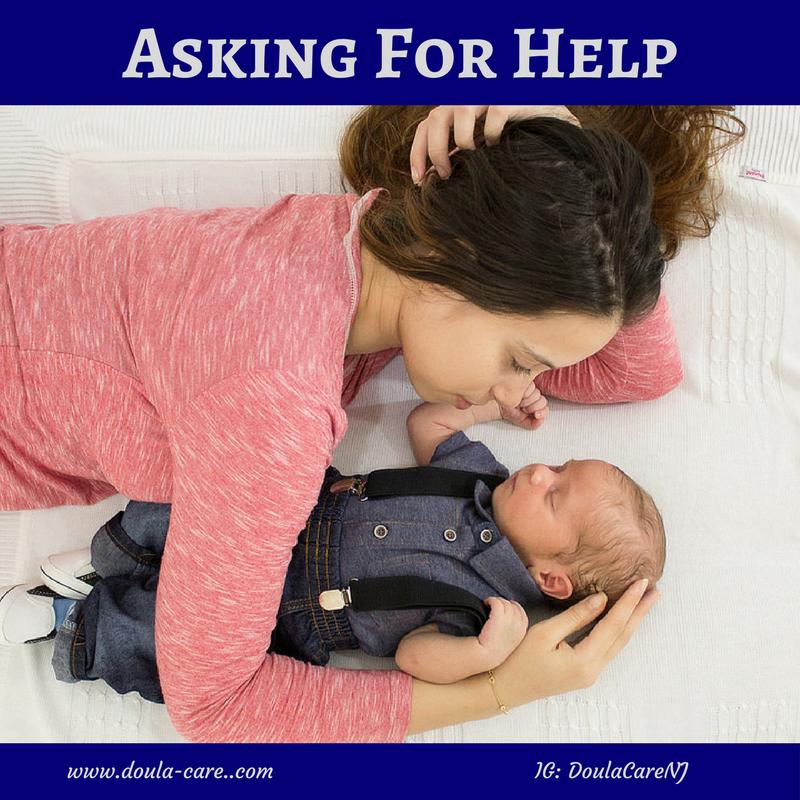

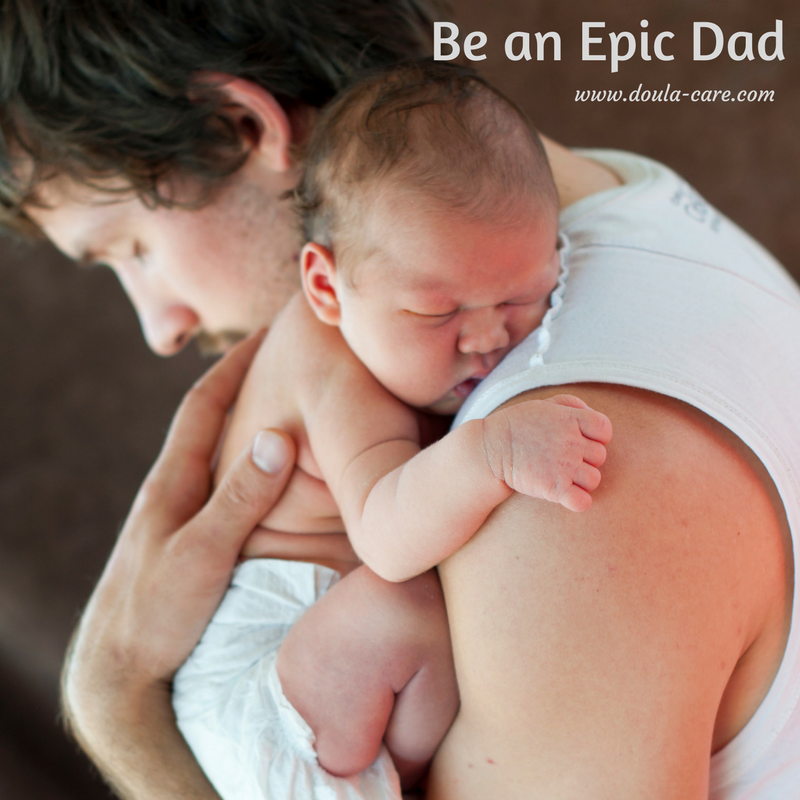
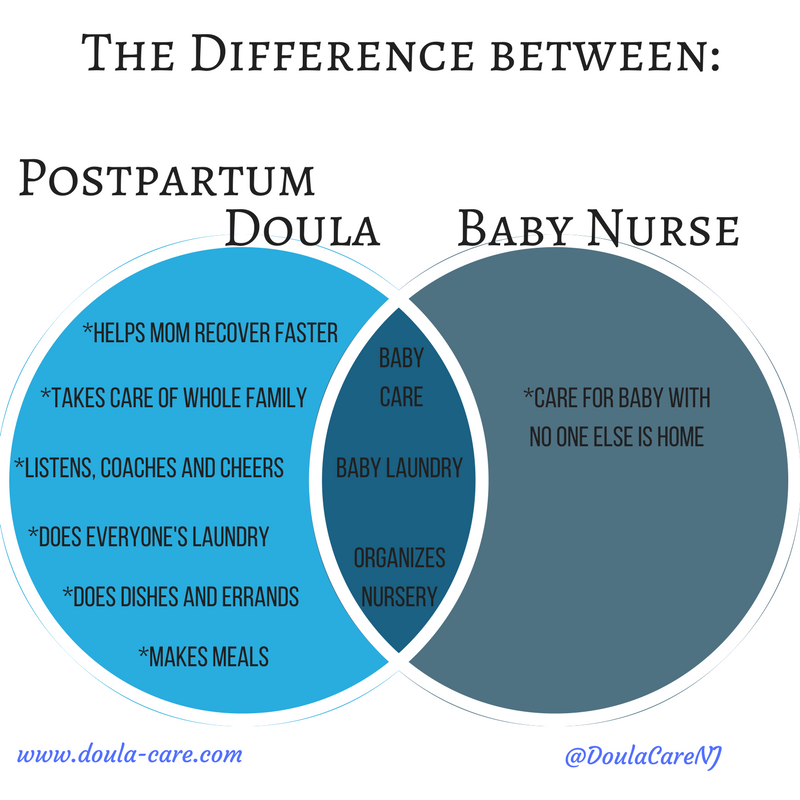
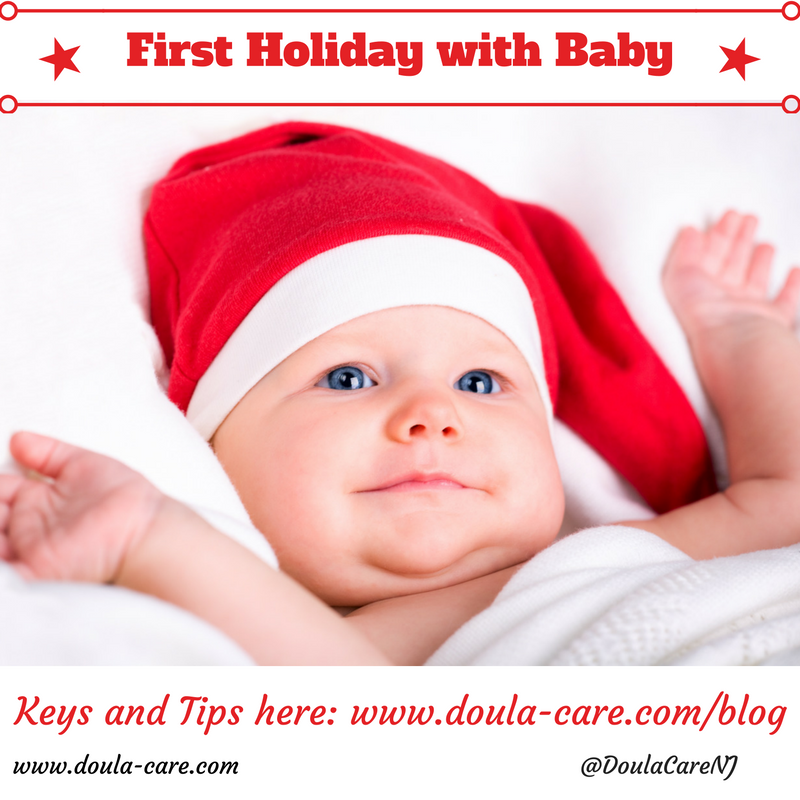

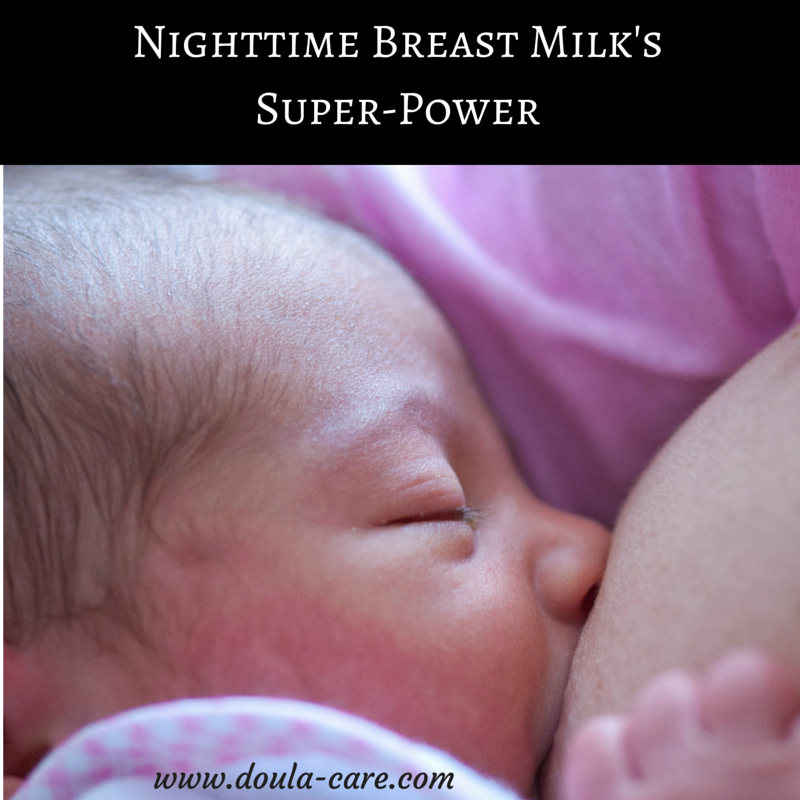
 RSS Feed
RSS Feed
